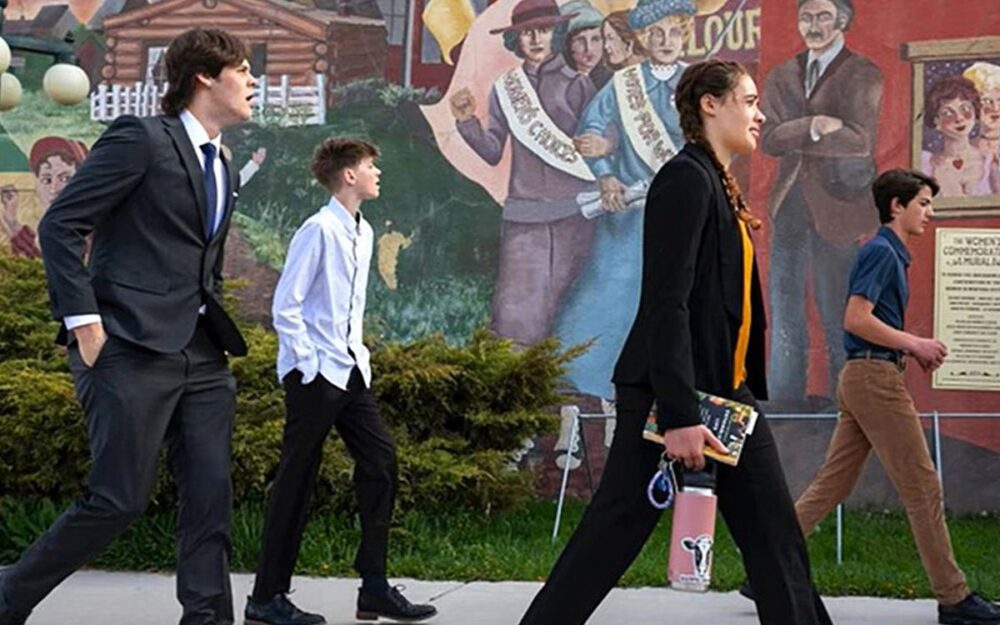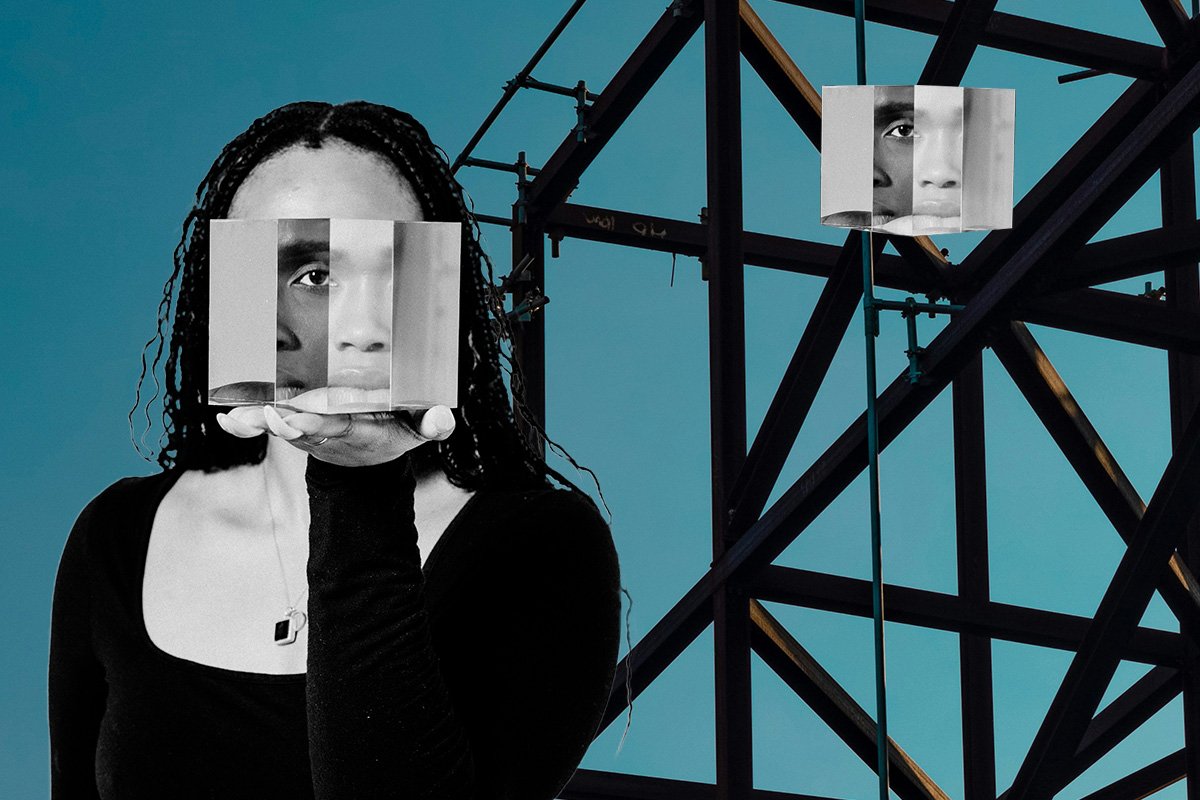
The group of plaintiffs walk forward through a crowd, supporters applauding and members of the press snapping photographs on every side. The plaintiffs are smiling, and they are young.
This group of 16 plaintiffs, all between the ages of five and 22, just won “one of the strongest decisions on climate change ever issued by a court,” according to the Washington Post.
On August 14, Montana District Court Judge Kathy Seeley ruled in favor of the group of 16 young Montana residents who brought the country’s first constitutional climate lawsuit and first youth-led climate lawsuit to trial. The youth alleged that Montana’s “fossil fuel-based state energy system” contributes to climate change and is therefore a violation of their constitutional right to a safe environment.
The court agreed. As the Washington Post reported, the ruling in the case of Held v. State of Montana “determined that a provision in the Montana Environmental Policy Act has harmed the state’s environment and the young plaintiffs by preventing Montana from considering the climate impacts of energy projects. The provision is accordingly unconstitutional.”
A New Court Tactic
The youth were represented by Our Children’s Trust, a nonprofit law firm. Founded in 2010 to serve the public interest, the firm has recently filed a similar suit representing youth in Hawaii. As NPQ reported in May 2023, “young people and environmental groups are increasingly turning to the courts as a means of indicting governments and corporations for their role in exacerbating the problem” of climate change. While trying to tackle environmental regulations via legal means is a familiar tactic, these “youth-led innovative legal strategies” are something new.
“More rulings like this will certainly come.”
They may be working.
The plaintiffs in Held testified about environmental degradation including wildfires, shorter winters, and drought, and said such events had eroded their emotional wellbeing and sense of safety.
Montana’s constitution was uniquely primed for such a lawsuit because it includes the right to a clean and safe environment, a right Our Children’s Trust attorneys proved had been violated for their young clients. In her decision, Judge Seeley ruled that the state will now need to consider climate impacts before approving fossil fuel permits.
“More rulings like this will certainly come,” Julia Olson, chief legal counsel and executive director of Our Children’s Trust, told CNN, calling the court’s decision in Held “a huge win for Montana, for youth, for democracy, and for our climate.”
“This was climate science on trial, and what the court has found as a matter of fact is that the science is right.”The state will appeal the ruling, according to the Montana attorney general’s office.
Sign up for our free newsletters
Subscribe to NPQ's newsletters to have our top stories delivered directly to your inbox.
By signing up, you agree to our privacy policy and terms of use, and to receive messages from NPQ and our partners.
Emily Flower, a spokeswoman for Attorney General Austin Knudsen, called the ruling “absurd.” In a statement reported by the New York Times, Flower said the ruling was also “not surprising from a judge who let the plaintiffs’ attorneys put on a weeklong taxpayer-funded publicity stunt that was supposed to be a trial. Montanans can’t be blamed for changing the climate.”
But as Michael Burger, executive director of the Sabin Center for Climate Change Law at Columbia University, told the New York Times, “This was climate science on trial, and what the court has found as a matter of fact is that the science is right. Emissions contribute to climate change, climate harms are real, people can experience climate harms individually.…These are important factual findings, and other courts in the U.S. and around the world will look to this decision.”
Could this set a national precedent? More cases are already on the horizon. In June of 2024, Our Children’s Trust will argue in the case of Juliana v. United States—originally filled in 2015—which alleges that the federal government, through actions contributing to climate change, has violated young people’s constitutional right to life, liberty, and property.
“You must change your ways,” Cullis-Suzuki said, describing adults’ inaction on climate change as “losing my future.”
Youth Leaders
What’s behind the surge in young people taking governments to court to sue over climate inaction and destruction?
Young people have the most to lose, and the most at stake. The rapid acceleration of climate change has prompted teenagers, middle schoolers, even kindergartners (the age of the youngest plaintiff in the Montana case) into action.
But youth have been leaders in environmental protection and climate activism for a long time. Generations before Greta Thunberg or Julia ‘Butterfly’ Hill, students spearheaded the first-ever Earth Day in 1970, inspired by the momentum of the student-led antiwar movement.
In 1992, then 12-year-old Severn Cullis-Suzuki gave a six-minute speech at the United Nations climate conference in Rio de Janeiro. “You must change your ways,” Cullis-Suzuki said, describing adults’ inaction on climate change as “losing my future.”
Thirty years later, Rikki Held—of Held v. State of Montana—told Teen Vogue, “As young people, we don’t have…the right to vote. We can’t solve it through the other branches of government. We need to rely on the courts to protect our rights.”










